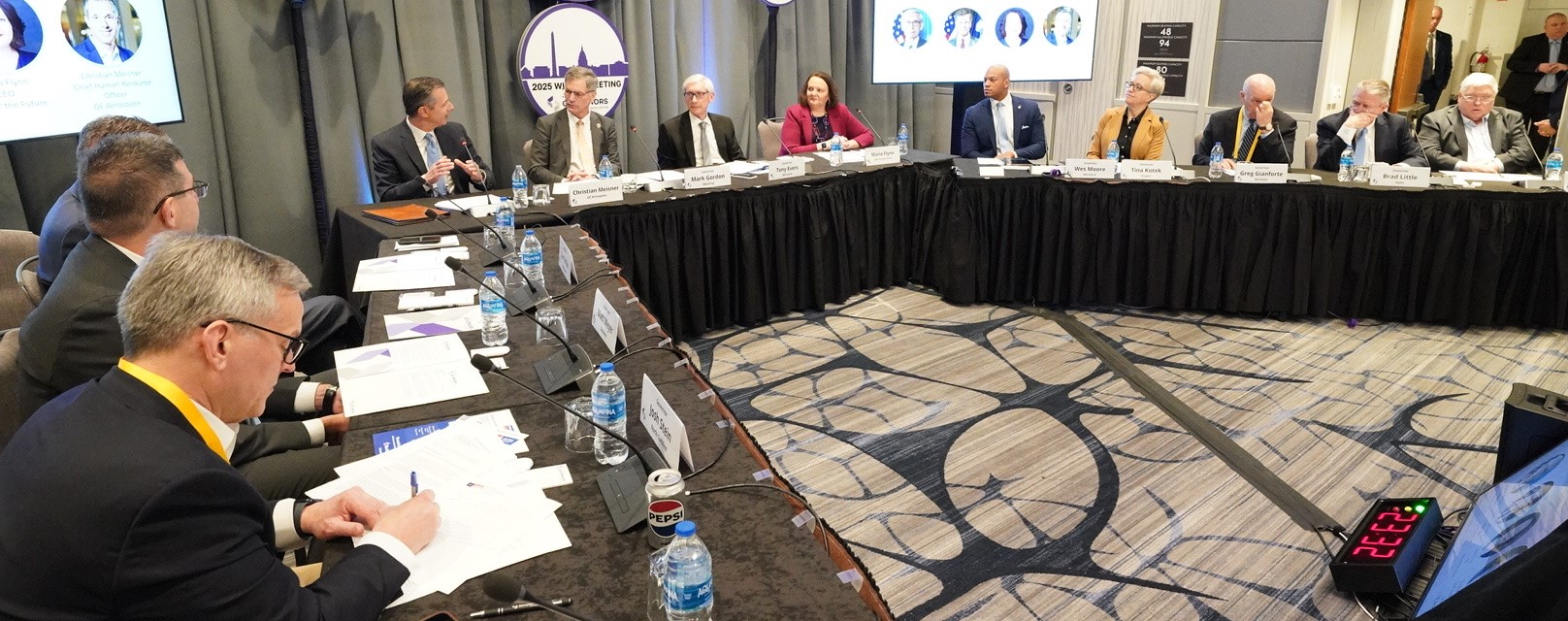
Education, Workforce and Community Investment Task Force
The Education, Workforce and Community Investment Task Force has jurisdiction over a broad range of issue areas including: Labor and Workforce Development, Career and Technical Skills, PreK-12 Education, Postsecondary Education, Criminal Justice, Housing, and Agriculture.
Federal Priorities

- Supporting reauthorization of the Farm Bill;
- Supporting efforts to expand innovative educational experiences, apprenticeship opportunities and non-degree pathways including but not limited to the reauthorization of WIOA;
- Working with the House and Senate bipartisan Paid Leave Working Groups as they consider a legislative framework around paid family leave;
- Supporting continued investment in federal education programs that address workforce needs and efforts to improve state longitudinal data systems;
- Increasing supply of housing by strengthening the Low-Income Housing Tax Credit (LIHTC) and giving states and territories the tools necessary to streamline burdensome zoning, permitting, and land use policies.
Pathways to Prosperity: Governors Driving Workforce Innovation Through Apprenticeships and Non-Degree Pathways
At the 2025 Winter Meeting Governors Evers and Gordon led a discussion with industry leaders on exploring apprenticeships and non-degree pathways as essential tools for workforce development.
Task Force
Governor Tony Evers, Wisconsin – Co-Chair
Governor Mark Gordon, Wyoming – Co-Chair
- Governor Kay Ivey, Alabama
- Governor Katie Hobbs, Arizona
- Governor Jared Polis, Colorado
- Governor Brad Little, Idaho
- Governor Tina Kotek, Oregon
- Governor Dan McKee, Rhode Island
- Governor Albert Bryan, Virgin Islands
- Governor Glenn Youngkin, Virginia
NGA Staff
- Tim Carlton, Legislative Director
- Mackenzi Matthews, Legislative Associate
